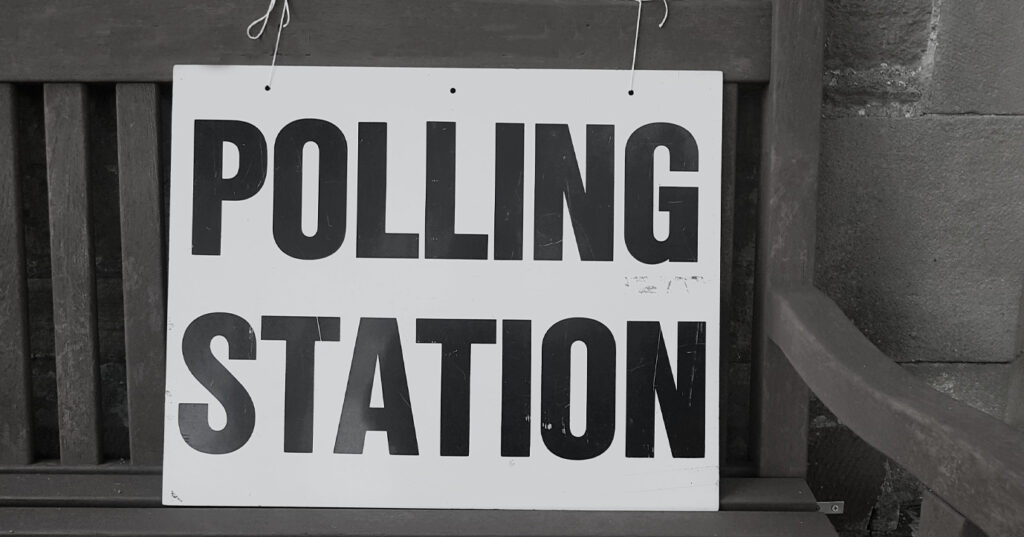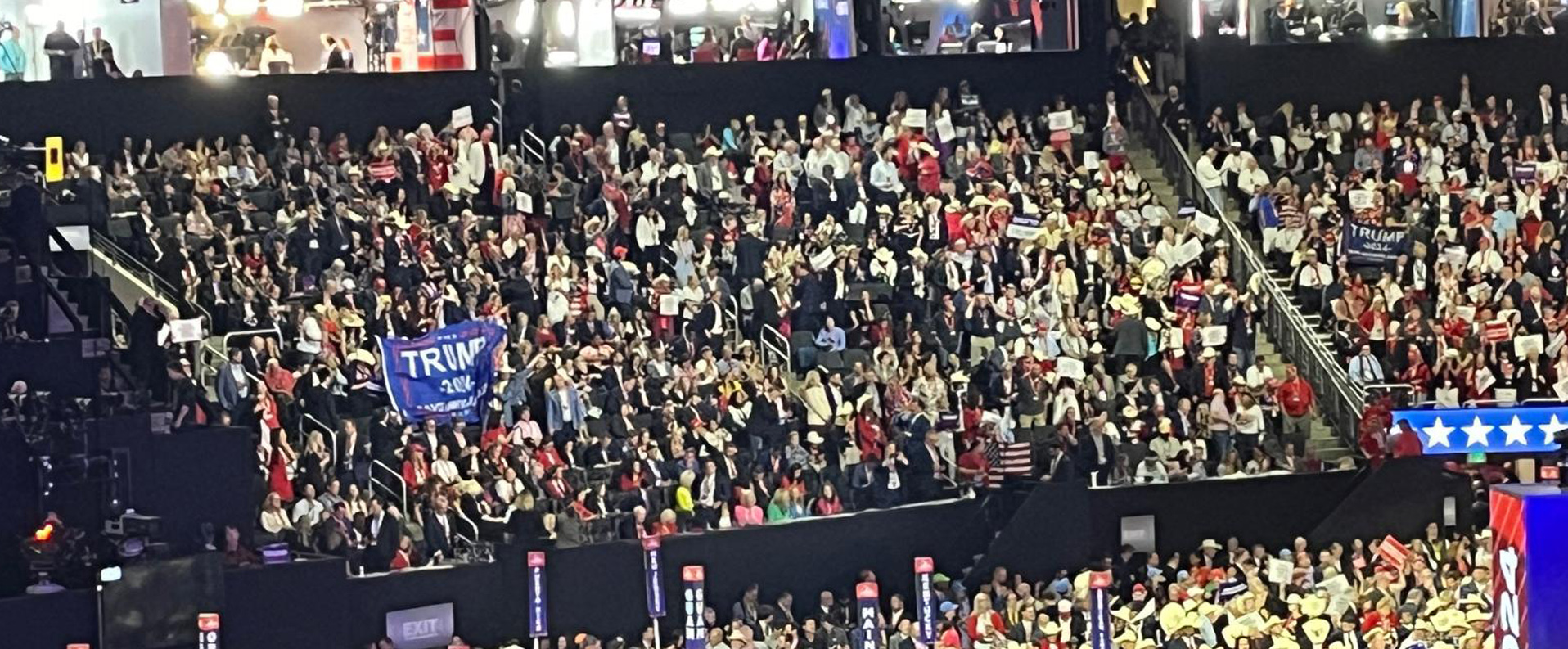
THE CAMPAIGN to change the electoral system likes to call itself “Yes To Fairer Votes”. Under the Alternative Vote, they say, “your next MP would have to aim to get more than 50% of the vote to be sure of winning. At present they can be handed power with just one vote in three”.
One vote in three. That doesn’t sound very democratic, does it? Yet those who want to change our voting system to make it fairer should be careful what they wish for, and would do well to reflect on history. In particular they should heed the case of “Tiger” Hewson.
Henry Arthur Hewson was elected to the Australian House of Representatives under the AV system in 1972. Hewson, the Country Party candidate, was declared the winner after the fourth round of counting, in which transferred votes put him just over the 50% threshold, nudging ahead of Frank Mountford, his Labor rival.
Yet “Tiger” Hewson had received just 16.6% of first preferences. (Never mind about one vote in three; how about one vote in six?) He was in third place after the first count. Mountford received 45.8% of first preference votes, nearly three times as many as the candidate who ultimately became the MP.
Proponents of AV would say that a majority of voters did not want Mountford. But it is also clear that many more wanted Mountford than any other candidate. What kind of mandate did the MP have, being the first choice of barely one-sixth of the electorate? I leave it to others to decide whether the outcome was “fairer” than would have been the case if only first preferences had counted.
Such outlandish results are admittedly quite rare under AV – but they are perfectly possible, and there is no reason at all why they could not happen in this country at the next election, were the referendum to return a Yes vote. There is a wider lesson, though, from this story. The MP for McMillan entered parliament not because he was Henry Arthur “Tiger” Hewson, but because of who he wasn’t. Whether it is fair for the third most popular candidate to be elected on the basis of fourth preferences – or whether such a system would really increase accountability or make MPs more representative of local communities, as is claimed – again I leave for others to decide.



